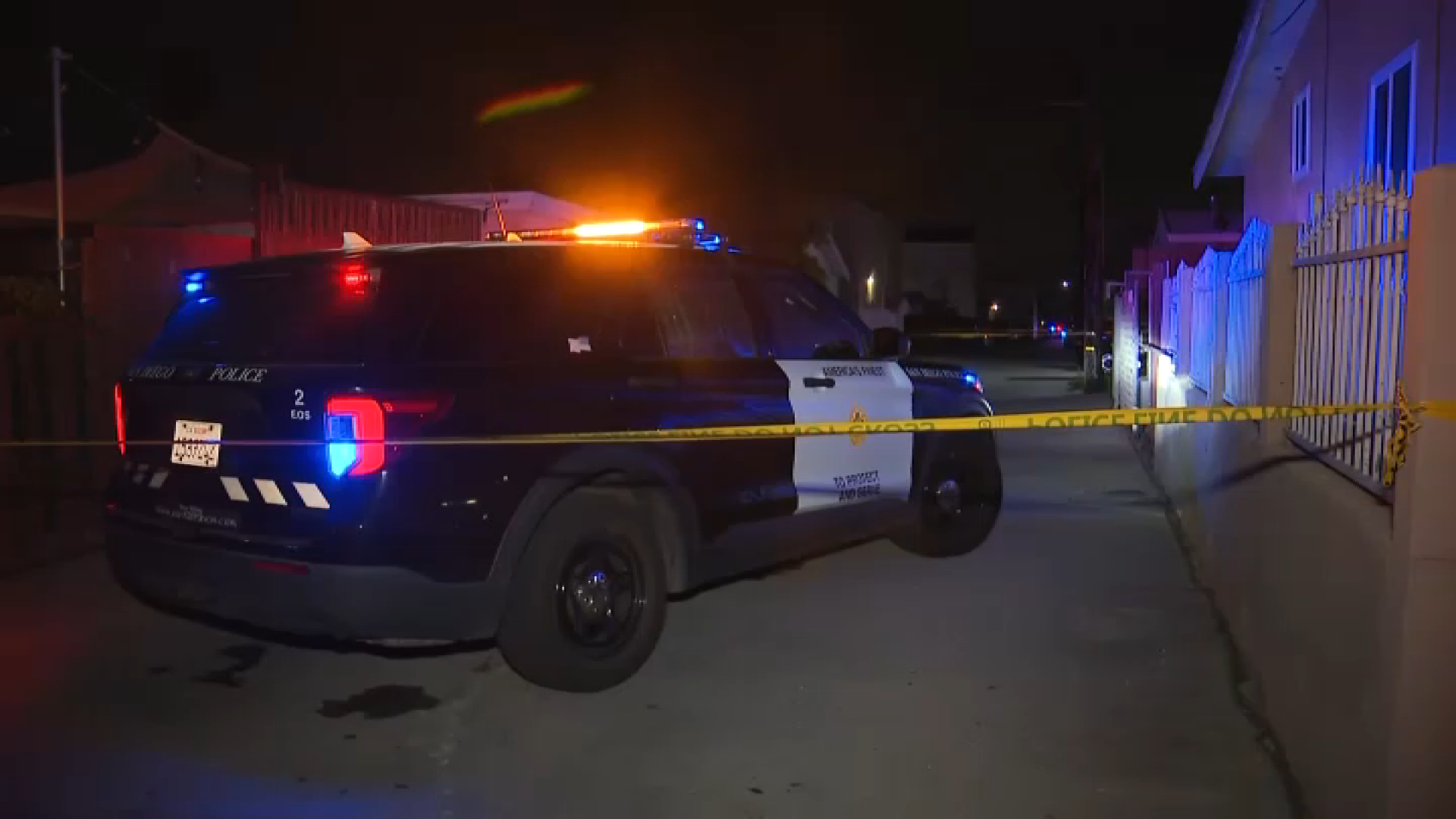Prosecutors and defense lawyers in the Colorado theater shooting case said Wednesday that they're ready for a crucial hearing next week in which prosecutors will outline their case against James Holmes.
The lawyers and Holmes, who grew up in San Diego, appeared before state District Judge William B. Sylvester to make sure everything is prepared for the hearing. It starts Monday and is scheduled to run all week.
At its conclusion, Sylvester will decide if the evidence is sufficient to put Holmes on trial.
Holmes is charged with killing 12 people and wounding 70 on July 20 in a movie theater in the Denver suburb of Aurora. Prosecutors say he opened fire during a midnight showing of the Batman movie "The Dark Night Rises."
During Wednesday's hearing, prosecutors and defense lawyers also went to Sylvester's bench to discuss a sealed motion from the prosecution that made some reference to witnesses. Sylvester said he planned to rule on it later in the day but wouldn't refer to witnesses by name.
Holmes didn't say anything during the half-hour hearing.
He is charged with multiple counts of first-degree murder and attempted murder and hasn't been asked to enter a plea yet. His lawyers have said he suffers from mental illness.
Local
The preliminary hearing will give the public its first officially sanctioned look at much of the evidence against Holmes.
Sylvester imposed a gag order shortly after Holmes' arrest barring attorneys and investigators from speaking publicly about the case, and many documents have been sealed.
The University of Colorado, where Holmes was a graduate student, has also been tight-lipped about the case.
At prosecutors' request, Sylvester barred the university from releasing records requested by numerous media organizations. Prosecutors argued that the information could jeopardize Holmes' right to a fair trial. Sylvester initially agreed but amended his order last month to allow the release after media organizations objected in court.
Holmes was enrolled in a Ph.D. neuroscience program at the university. Investigators said he began stockpiling firearms and ammunition while taking classes in the spring.
In June, he made threats to a professor and on June 10 filed withdrawal papers after failing a year-end exam, prosecutors said. The next day he saw his school psychiatrist who tried to report him to a campus security committee, according to Holmes' lawyers.



